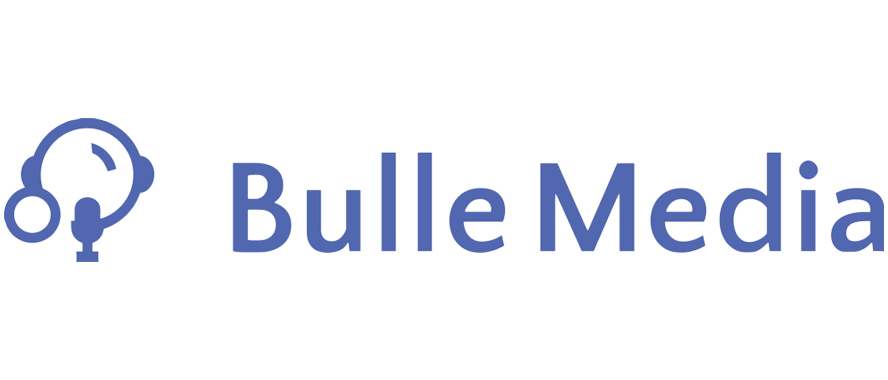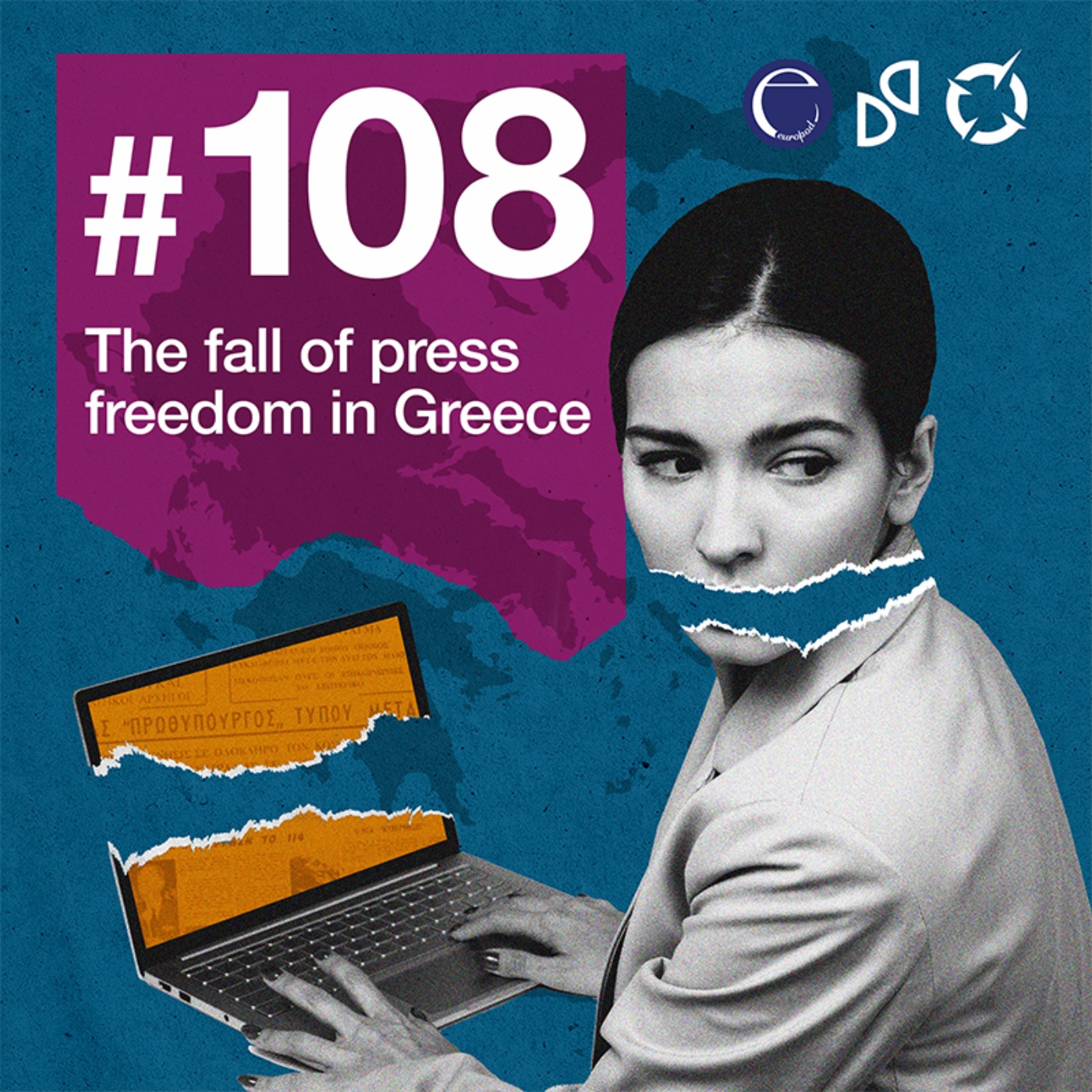From 2022, Greece ranks the worst of all EU countries in the RSF ranking for press freedom. Why has it fallen from 70th to 108th out of 180 countries? What is happening to the media in the so-called birthplace of democracy? The first episode of the podcast series offers an informative retrospective for both international and Greek audiences, setting the context for a better understanding of the following episodes. Therefore, it is a short walk through all the issues that were the criteria for downgrading Greece’s position: surveillance, the murder of a journalist, SLAPPS, self-censorship and censorship, and economic manipulation.
Show notes:
For this episode, our guests are Antonis Kalogeropoulos, a communication and Media Lecturer at the University of Liverpool and Postdoctoral Research Fellow at the Reuters Institute; Pavol Szalai, Head of the European Union & Balkans Desk at Reporters Without Borders; and Lamprini Papadopoulou, an assistant Professor at the Department of Communication and Media of the Kapodistrian University of Athens.
Hosted on Acast. See acast.com/privacy for more information.


